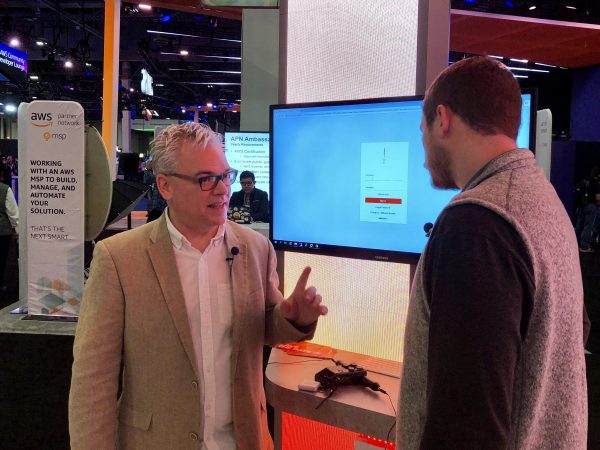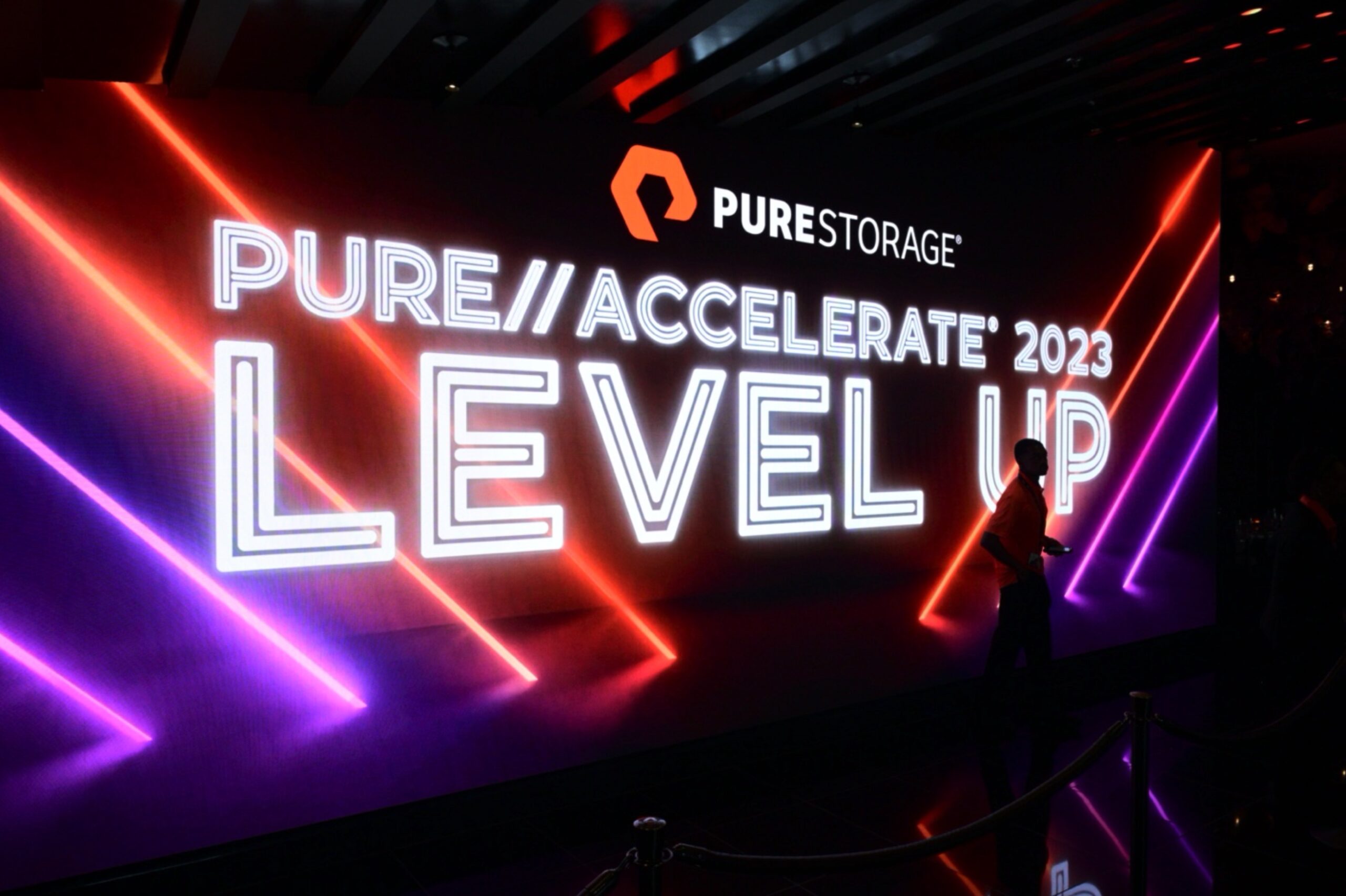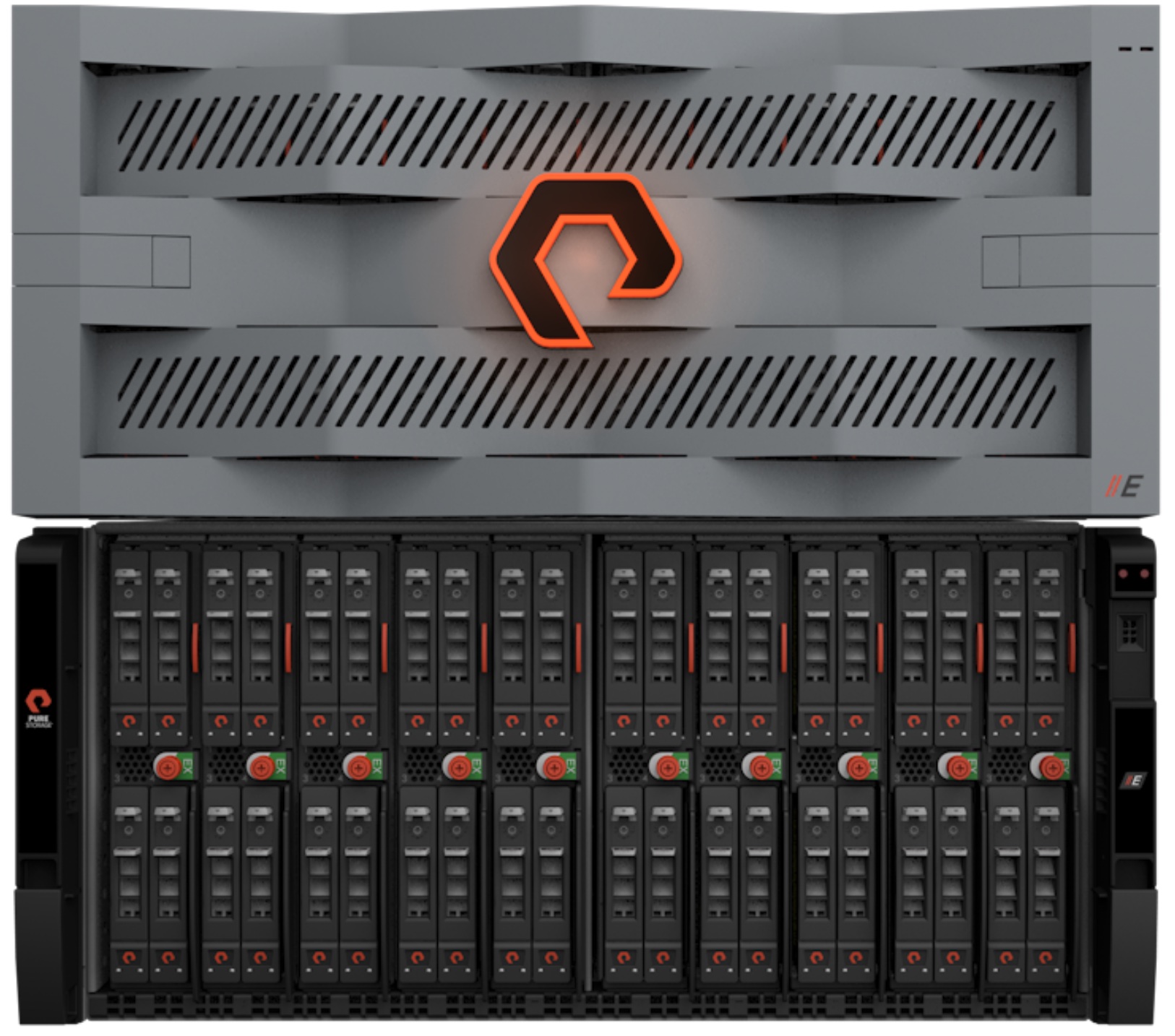I’ve been following Pure Storage since the very beginning. I always saw the company as a contender for mainstream enterprise storage rather than their professed focus on all-flash arrays. With the introduction of Cloud Block Storage, the company is finally showing their cards: It’s the storage solution that matters, not the flash.
A Pure Path to the Cloud
Look objectively at the Pure Storage FlashArray and you’ll see a full-featured storage array for mainstream enterprise use cases. It checks all the boxes, from availability to data management, and is priced and sold against the “fat middle” of the storage market. The fact that it’s all-flash instead of hybrid, or even just a bunch of disks, really never mattered as much to customers as the fact that it does what they want, is competitively priced, and is well supported.
Looking around at Amazon AWS re:Invent this year, two facts have become obvious:
- The enterprise is serious about using cloud platforms for applications
- The enterprise cloud will be hybrid, with data moving from data center to cloud and back
Smart enterprise vendors are recognizing these truths and have long since started creating solutions that enable seamless integration between the existing infrastructure stack and cloud solutions. Any company that is not solidly invested in this effort is in for some serious trouble in the near future as customers switch their data center infrastructure out for cloud-compatible alternatives.
Pure Storage is one such vendor that has recognized this trend and is moving to adapt. They have created a cloud-compatible version of the Purity enterprise storage operating system that underpins their FlashArray product line. It’s the same basic software but running natively on cloud resources instead of hardware arrays. And as such, it can be integrated with existing data center solutions just like an existing FlashArray. This includes data replication between the data center and the cloud, enabling workload mobility.
Cloud Block Store for AWS is primarily an “inside out” solution for Pure: It allows current FlashArray customers to move data from inside the data center to the cloud, creating a hybrid infrastructure for conventional applications. Once cloud solutions are in place, it is likely that customers will begin seeking to do more work there.
Stephen’s Stance
This solution is a good first step for Pure Storage. It shows customers that Pure Storage will have a presence in the emerging enterprise hybrid cloud landscape and allows them to begin using Amazon AWS for certain existing applications. I expect that future revisions of this and other offerings will refine the solution to be more “cloudy” and focus on integration with applications and frameworks used for native cloud applications.






Stephen, can you disclose your financial interest in the company? I see you getting more and more vocal about the company and their position, but I don’t see any disclosure about your interests or role in the company. Thanks.
Thank you for the question Henry!
All of our Tech Talks posts are sponsored by the company named at the top and in the sidebar. We include the Tech Talks box with the company logo at the top of the article to indicate this, and include a sidebar box specifying that “Tech Talks are sponsored conversations between our independent analysts and influential companies.”
But your question leads me to believe that these disclaimers are not sufficient for our audience. We’ll discuss this internally and consider adding an additional disclaimer to sponsored posts like this one. Perhaps a box at the bottom would help.
As for me personally, I do have some of my 401k savings invested in companies in the industry, including Pure Storage, NetApp, VMware, Micron, Broadcomm, and Apple. This is part of a diversified portfolio of long-term investments. I do not personally receive any compensation from Pure Storage or any other industry company, but all of these companies and more have sponsored Tech Field Day events and Gestalt IT content, which directly benefits the company I own. You can see a complete list of Field Day presenters at http://TechFieldDay.com/companies/ and most of these have paid money to my company over the last 10 years.
Thank you for your question! I do try to be transparent and will try harder in the future!